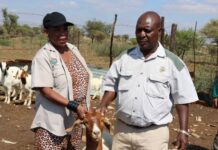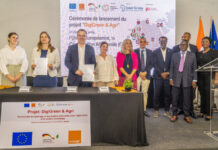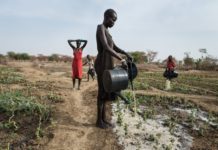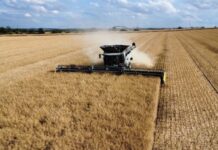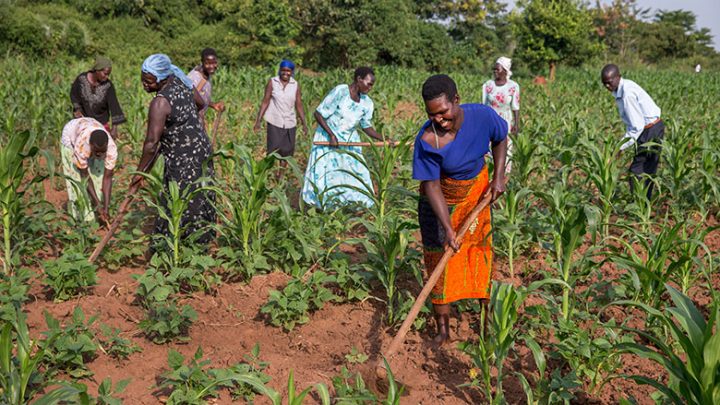
Photo: Jonathan Torgovnik/Reportage by Getty Images
By Wandile Sihlobo
I have talked about women participation in agriculture before but will repeat it, not only because it is International Women’s Day, but for the simple reason that we need diversity in all key positions of the agricultural sector. Crucially, as the sector continues to be viewed as an epicentre of growth and development in South Africa, it is important that diversity is prioritised along with these economic-growth ambitions.
On leadership roles, there has been progress in the past few years in increasing the number of women in management positions within the sector. Several national agricultural associations such as Fruit SA, AFASA, Grain SA’s farmer development programme and Agbiz Grain, have prominent women at the helm.
With regard to the national labour market, women remain in the minority as far as the agricultural sector employment figures are concerned, averaging 32% in Statistics South Africa’s database, which covers the past ten years.
The National Development Plan suggests that agriculture has the potential to create 1-million jobs by 2030. The view on whether this will be an attainable target is debatable, but the most important issue would be to explore ways of tackling gender disparities in these potential jobs so as to improve the proportion of women in the agricultural labour market in the next few years.
This should not only be limited to the labour market on farms and agribusiness, but also in public forums and policy discussion. It is troubling to continue seeing underrepresentation of women in public and policy engagements.
In July last year, I chaired a session under the theme Towards a Food Secure 2030, organised by the Oliver and Adelaide Tambo Foundation in partnership with Absa Bank. On the panel, we had Absa Bank senior agricultural economist Wessel Lemmer; Agri SA chief economist Hamlet Hlomendlini; University of Fort Hare research professor Voster Muchenje; and farmer Sibuyiselwe Sontundu (see featured image).
Sontundu is a successful young female farmer from Mqanduli in the Eastern Cape. In her introductory remarks, she told of how she got involved in the agricultural sector at an early age in 1999, with good support from the government and organised agriculture groups. Over the years, she managed to upskill herself and diversify her farming business. She produces grains and livestock and supplies local businesses.
Sontundu’s business might not be big when viewed on a national scale, but it certainly makes a big difference in the rural economy of Mqanduli.
What touched me is how she inspired some young women in the audience. The enthusiasm was clear from the number of questions that followed our discussion session. I am sure there are many more Sontundus out there, but some will fail to reach their full potential if they do not receive proper support from both the government and the private sector.
Muchenje also remarked that his classes were full of women who were pursuing scientific research aspects within the agricultural sector. They, too, require equal opportunities to share their knowledge and advance South Africa’s agricultural sector.
There is momentum in diversity discussions about the need to attract the youth to the sector and this needs to be held in conjunction with initiatives to diversify the agriculture sector and ensure participation by women.
Follow me on Twitter (@WandileSihlobo)



